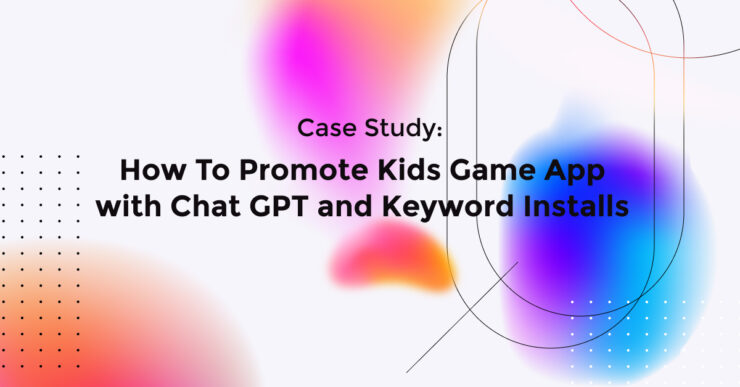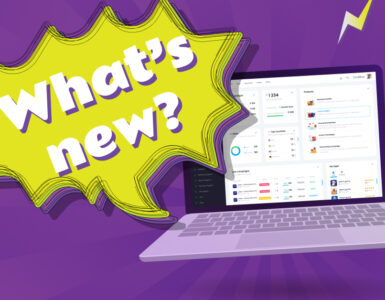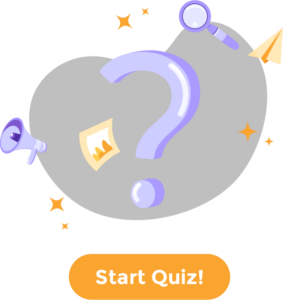In the rapidly evolving world of mobile applications, promoting your app effectively is crucial to its success. With millions of apps vying for attention in app stores, developers constantly seek innovative ways to stand out from the crowd and capture their target audience’s interest. One such approach that has gained significant traction is leveraging the power of conversational AI to promote apps and engage users in a personalized manner.
- How to use ChatGPT in mobile app and game promotion?
- What are kids’ apps and games, and why may it be difficult for developers to work in this niche?
- How can ChatGPT help with keyword promotion?
- Some examples of kids app keyword promotion
As you know, Keyapp promotes thousands of apps on an everyday basis, and these apps are from entirely different categories. It is worth noting that keyword promotion may help even with the increase in organic traffic for kid’s games and apps. That’s why in this case study, we delve into the fascinating realm of promoting kids’ game apps with the help of keyword installs and using Chat GPT, a cutting-edge language model developed by OpenAI. Chat GPT is an advanced AI system that can generate human-like responses to text inputs, making it an ideal tool for creating interactive and engaging experiences. By integrating Chat GPT into a kids’ game app’s promotional strategy, developers can effectively captivate their young audience, stimulate creativity, and foster an immersive gaming environment.
How to use ChatGPT in mobile app and game promotion?
We have already covered the topic of ChatGPT usage in mobile apps marketing several times in our previous articles, although despite this fact it is extremely important to mention one more time the main ways to use this tool when you promote your app from any category:
- Interactive Game Characters: Utilize Chat GPT to create interactive game characters that engage players through conversations. This adds an immersive and dynamic element to the game, fostering deeper player engagement and increasing the app’s appeal.
- Social Media Engagement: Deploy Chat GPT on social media platforms to interact with users, answer questions, and share updates about the app or game. This builds a sense of community, encourages user-generated content, and boosts social media visibility.
- User Feedback and Surveys: Implement Chat GPT to gather user feedback and conduct surveys within the app or game. By engaging users in conversational surveys, developers can collect valuable insights, identify areas for improvement, and enhance user satisfaction.
- Personalized Recommendations: Leverage Chat GPT to provide a personalized app or game recommendations to users based on their preferences, gameplay history, and interests. This increases user engagement, improves user retention, and drives cross-promotion of other app features or games.
- App/Game Tutorials: Use Chat GPT to create interactive tutorials within the app or game. It can guide users through the gameplay mechanics, explain features, and offer tips and tricks, ensuring a smooth onboarding experience for new users.
- App Store Optimization (ASO): Employ Chat GPT to optimize app store descriptions and keywords. By generating engaging and keyword-rich descriptions, developers can improve the app’s visibility, attract relevant users, and increase app store conversions. Read how to proceed with ASO using ChatGPT, in our previous article.
By integrating Chat GPT into mobile apps or games, developers can enhance user engagement, provide personalized experiences, improve user satisfaction, and ultimately drive app downloads and game adoption. The conversational capabilities of ChatGPT offer a unique and interactive promotional approach, helping apps and games stand out in the competitive market.
What are kids’ apps and games, and why may it be difficult for developers to work in this niche?
Let’s get back to the main topic of this article. Apps designed specifically for kids have become increasingly popular in recent years. These apps cover a wide range of categories, including educational apps, interactive storytelling apps, puzzle games, creative apps, and more. They aim to provide engaging and age-appropriate content that entertains, educates, and stimulates the cognitive development of young users. From teaching fundamental skills to sparking imaginations, these apps offer a unique digital experience for children.
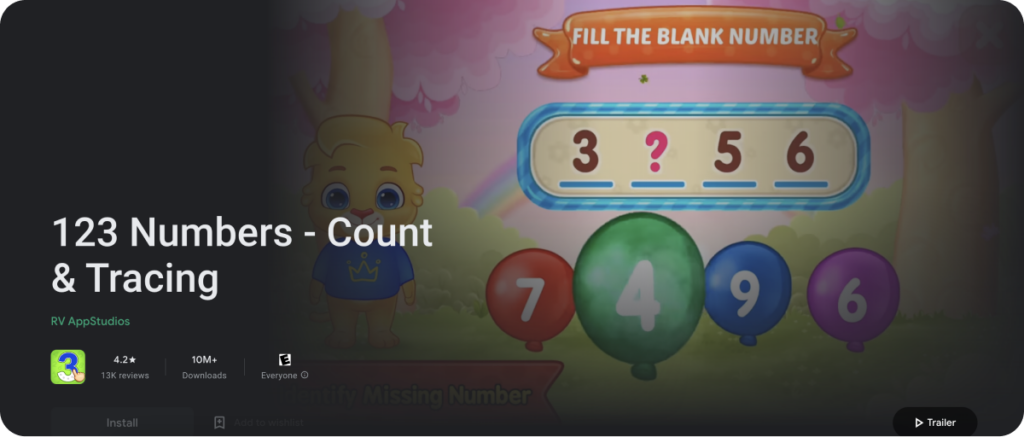
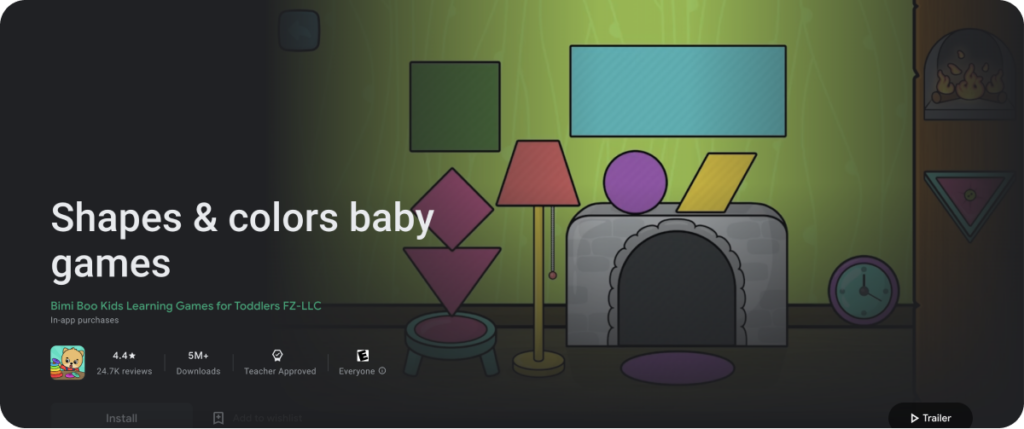
While the market for kids’ apps is undoubtedly thriving, promoting them on major platforms like the AppStore and Google Play presents several challenges. Here are some reasons why it may be difficult to effectively promote kids’ apps:
- Compliance with App Store Guidelines: AppStore and Google Play have strict guidelines to ensure the safety and privacy of young users. These guidelines govern content, advertising, in-app purchases, and data collection practices. Adhering to these guidelines while maintaining an engaging user experience can be a delicate balancing act for developers.
- Competition and Discoverability: Both AppStore and Google Play are crowded with millions of apps, making it challenging for new kids apps to gain visibility. The sheer volume of apps and the fierce competition for user attention can make it difficult for a kids app to stand out and attract a substantial user base.
- Targeting the Right Audience: Kids apps cater to different age groups and interests, requiring precise targeting to reach the intended audience. Effective promotion involves understanding the demographics, interests, and preferences of parents and children alike, and tailoring marketing efforts accordingly.
- Parental Involvement and Trust: Parents play a critical role in selecting and approving apps for their children. Building trust and establishing a positive reputation is crucial for kids app developers. Earning the trust of parents requires showcasing the app’s educational value, safety features, and the ability to provide an enriching experience for their children.
Overcoming these challenges and effectively promoting kids’ apps requires a thoughtful approach that leverages various marketing techniques. So it becomes obvious that it won’t be enough to proceed with paid traffic only working with apps for kids, especially taking into account that there are quite a lot of restrictions connected with the ads showing, as well as with such apps monetization. And these facts give us an understanding that the attraction of organic users is extremely important in this niche. Of course, keyword promotion is one of the most effective ways to increase the base of organic users.
How can ChatGPT help with keyword promotion?
The process of keyword promotion involves several steps, and the first one is, of course, the short keyword research that is needed to gather the requests that will be used in the promotion campaign. This process will help identify the main keywords according to their relevance and popularity, as well as the probable potential of each request for bringing organic traffic. Do not forget that Keyapp provides a range of free ASO tools to help app developers and marketers gather keywords without spending a lot of time, although combining ChatGPT and Keyapp tools may save even more time.
ChatGPT is a powerful additional tool that can help app developers proceed with keywords finding process within several minutes. Everything you need is to mention your app and ask ChatGPT to find the most relevant search request. Do not forget to specify your request as much as possible, mentioning the app category, functionality, and peculiarities. This will help you obtain the most precise results, and the keywords you get will be the most relevant. As in this case, we discuss the promotion of apps for kids, let’s proceed with some examples showing how easy it may be to conduct the research before starting the keyword promotion if you do not have a ready list of requests

First of all, ask ChatGPT to find the keywords for your particular application. You can mention the app name, its text metadata and even paste a link if it describes the app (remember, that ChatGPT doesn’t follow the links, so it won’t be able to go to Google Play or AppStore and check the application you mention, it can get only from the app package what application is about)

After this, just go to the Keyapp platform to the My Keywords section, and add the keywords ChatGPT provides. In such a way, you will be able to check the keywords’ popularity and traffic, as well as the app’s rank for these particular search requests.

Combining two tools definitely saves time and makes the process much faster and easier. Once the keywords are gathered and checked, it is high time to proceed with keyword promotion to boost the app to the top ranks for search requests.
Some examples of kids app keyword promotion
To be honest, nowadays the variety of apps and games for kids amazes, but this also makes the work harder for app developers and marketers due to the increased competitiveness. Due to the facts mentioned, the types of apps we work with in this niche are completely different as well, including games, educational apps, and different puzzles and quizzes.
Every application is unique, and our promotion efforts focus primarily on ranking factors. However, in-app activity, application history, and the quality of the app page are crucial aspects that rely on your efforts to ensure successful campaigns.
To assist you in your promotion efforts, we have compiled a list of apps along with the keywords they are currently ranking for to show how the keyword promotion may influence the app positions for search requests when you work with apps for kids. Additionally, we have categorized the keywords based on the specific regions in which they are being promoted in search. We recommend paying close attention to the number of campaign installs, the duration of the campaign, and the app’s current search rankings. By analyzing these metrics, you can gain valuable insights into the effectiveness of your campaigns and make informed decisions to optimize your app’s performance in search results.
Firstly, we worked with an app published on Google Play that focuses on teaching toddlers about different vehicles through an engaging car racing game. Our keyword of choice for this app was “kids car games,” and our targeted region for promotion was Great Britain.
Before we initiated the promotional campaign, the app had a ranking of 190 for this particular keyword. Following Google’s recommended approach of starting with low volumes and gradually increasing daily installs, we implemented a strategy of beginning with 10 installs and incrementally raising this volume by 20-25% each day over a span of 5 days.
As a result of our efforts, we successfully achieved a significant improvement in rankings within the campaign. The app now proudly occupies one of the top 2 positions for the targeted keyword. This approach highlights the effectiveness of starting with conservative install volumes and progressively scaling up, enabling us to steadily climb the ranks and achieve prominent visibility for the app.
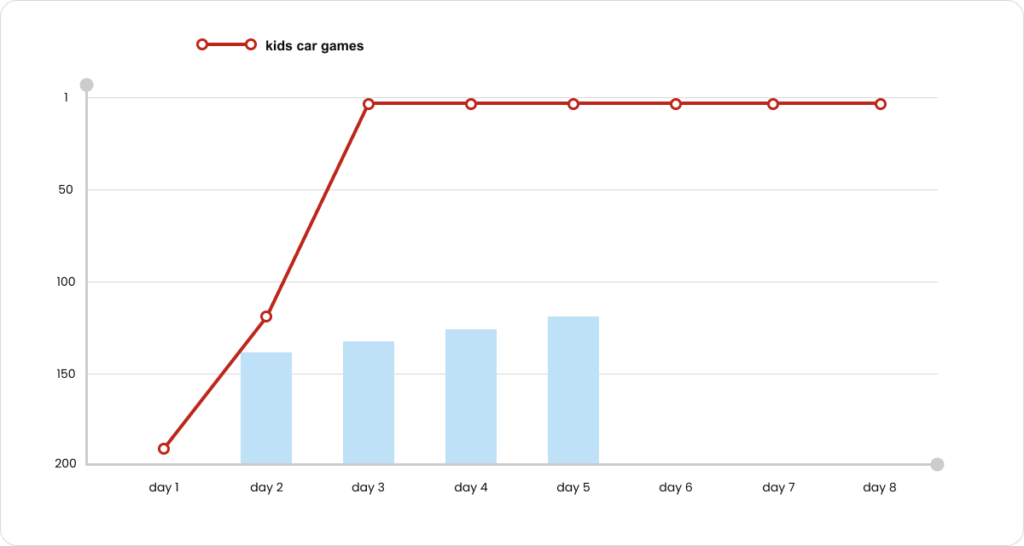
The next app we worked with is published on Google Play as well and was promoted for the keyword “toddler games” in the US. We used the same strategy as the promotion started with rank 211, and as a result, the application achieved rank 3 in 7 days after the order was started.
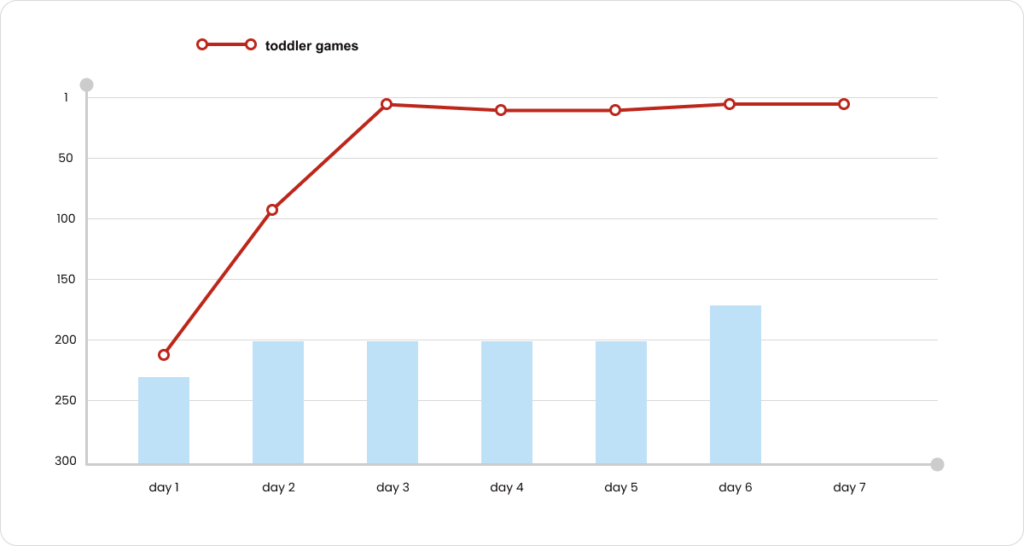
Let’s move on to some examples on the App Store. As you may remember from our previous articles, the promotion strategy we use for the App Store is completely different from the one we use for Google Play.
Our initial promotional campaign focused on targeting Australia for the keyword “math games.” The app we promoted is specifically designed to assist toddlers and kids in learning numbers and counting. When we commenced the campaign, the app held a ranking of 189 for the targeted keyword. In order to increase its visibility and ranking, we implemented a strategic approach. We decided to allocate a daily install volume of 40 for a duration of just two days. Remarkably, the app swiftly climbed to the top 1 position on the very next day following the conclusion of the campaign.
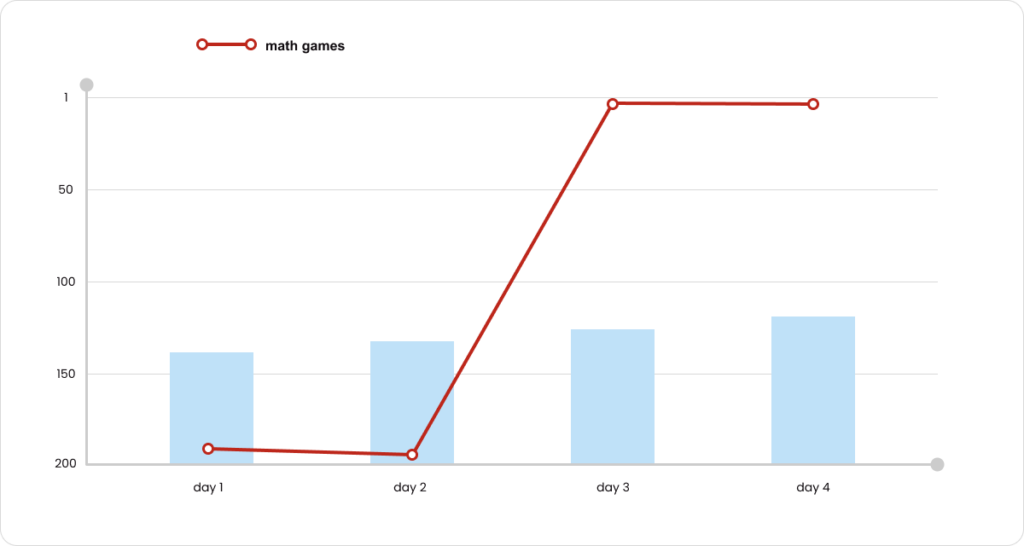
Moving on to the next application we promoted, it is an educational game designed to assist children in learning English. Our promotional efforts focused on targeting France with the keyword “english for kids.”
When we commenced the campaign, the app held a ranking of 137 for the targeted keyword. To drive its visibility and boost its ranking, we implemented a strategic approach by utilizing 75 installs.
The result of our campaign was outstanding, as the app achieved the top rank for the keyword “english for kids” in France. This remarkable achievement highlights the effectiveness of our promotional efforts in maximizing the app’s visibility and driving its success in the target market.
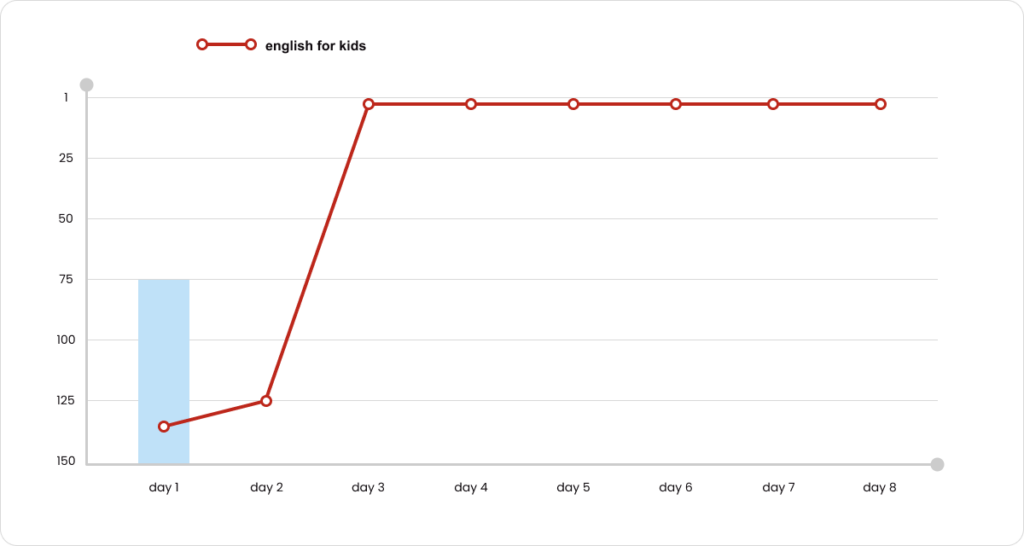
Summary
When it comes to promoting kids’ apps, keyword promotion plays a crucial role in reaching the right audience and boosting app visibility. By utilizing relevant keywords in the app store listing and implementing keyword install campaigns, app developers can increase their chances of attracting interested users and achieving top positions in search results. Kids’ apps cater to a broader audience. Keyword promotion allows developers to specifically target users who are actively searching for kids’ apps or related keywords. By utilizing keyword install campaigns, developers can enhance their app’s visibility and increase the likelihood of potential users discovering and downloading their app through a search.
At the same time, it is extremely important to follow all the current trends and implement modern tools (like ChatGPT) in your app marketing to achieve the best possible results. Our support team is dedicated to assisting you with campaign settings and providing expert guidance. We stay up-to-date with the current trends in keyword promotion and employ efficient strategies to help your apps achieve top positions in search results. Feel free to reach out to us for assistance and to maximize the success of your keyword promotion campaign.

